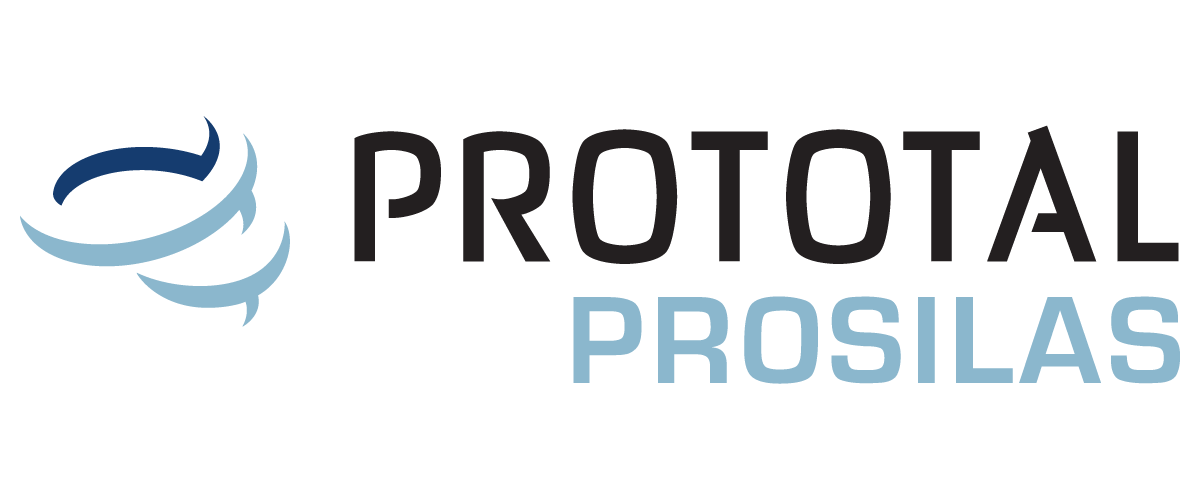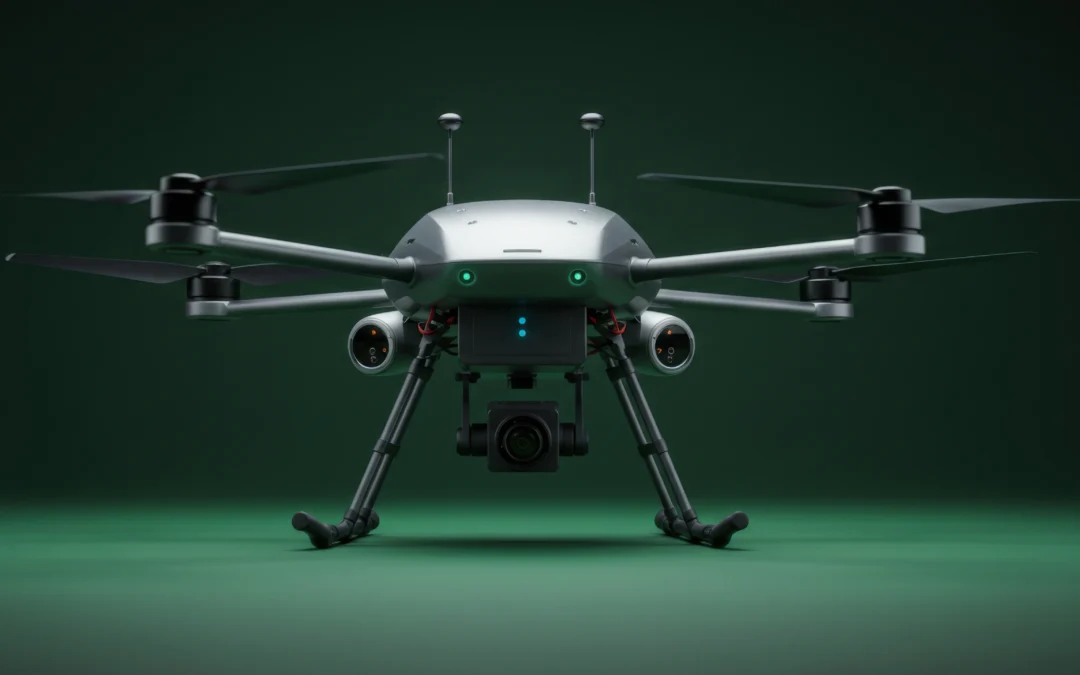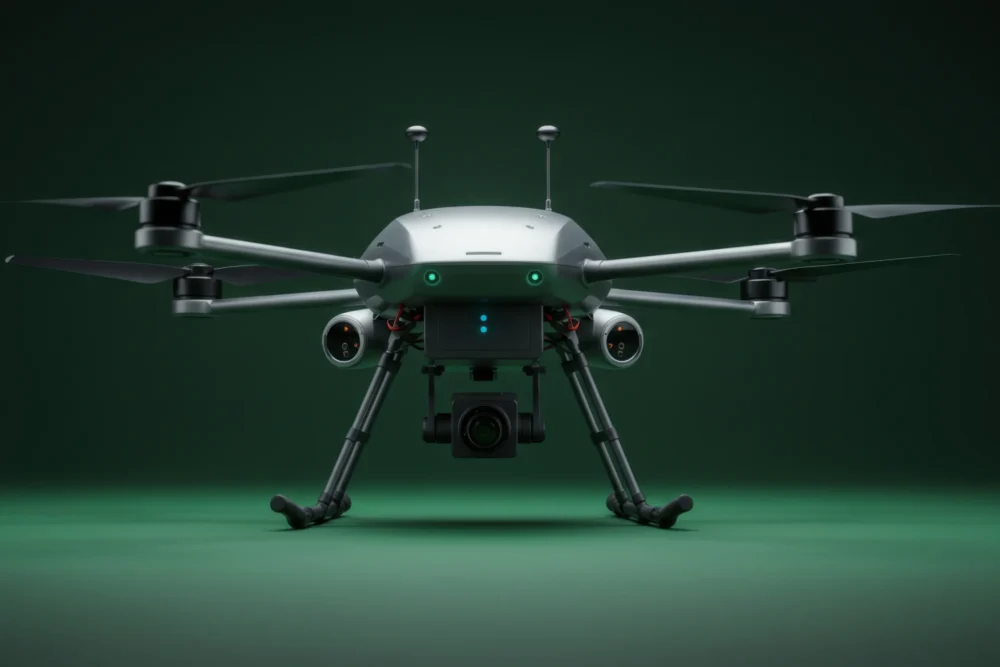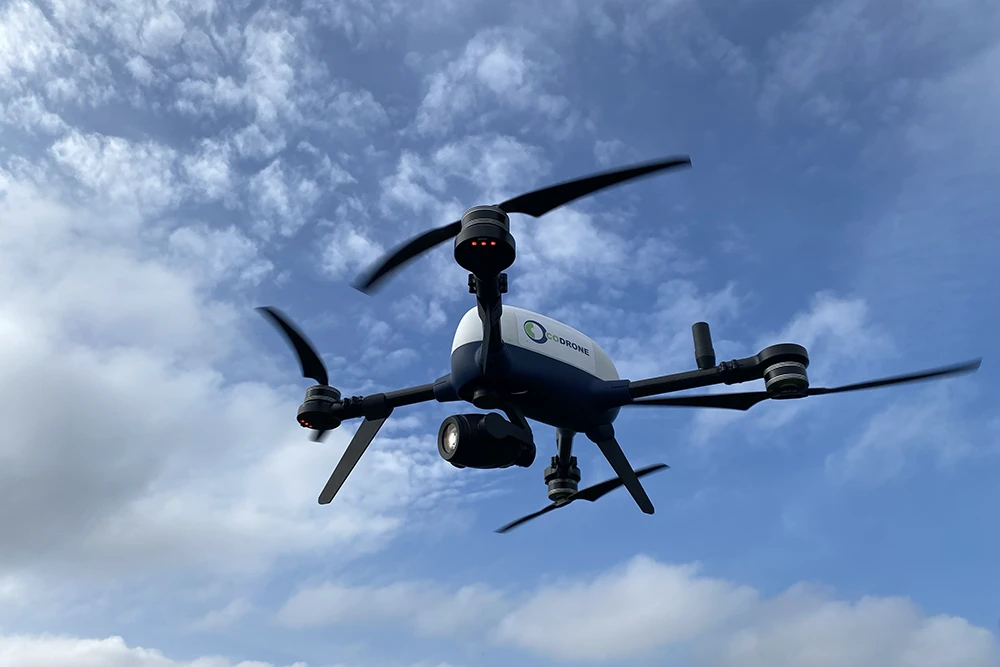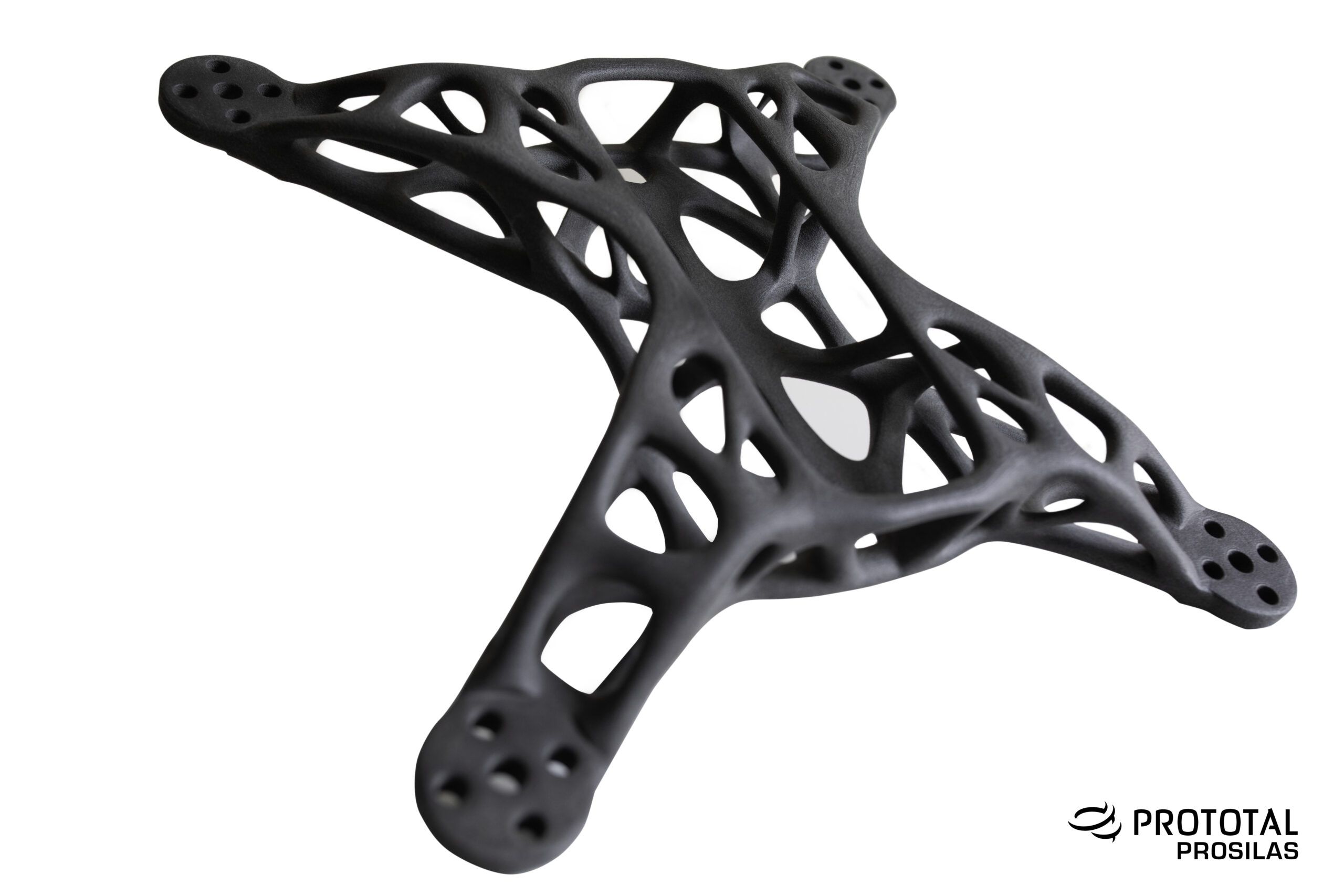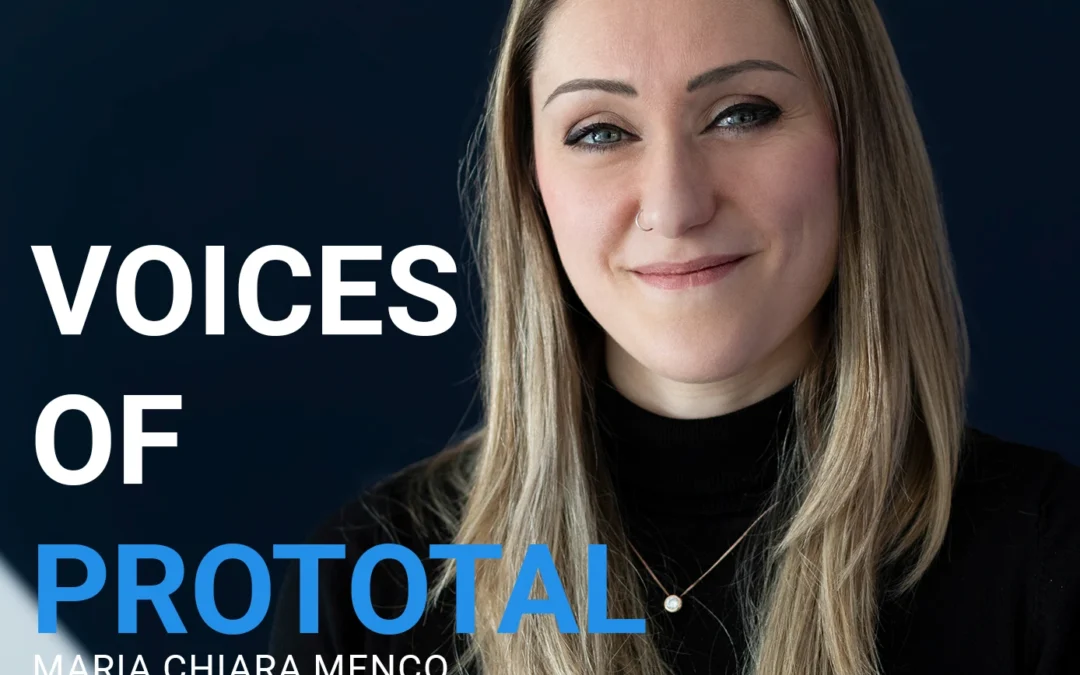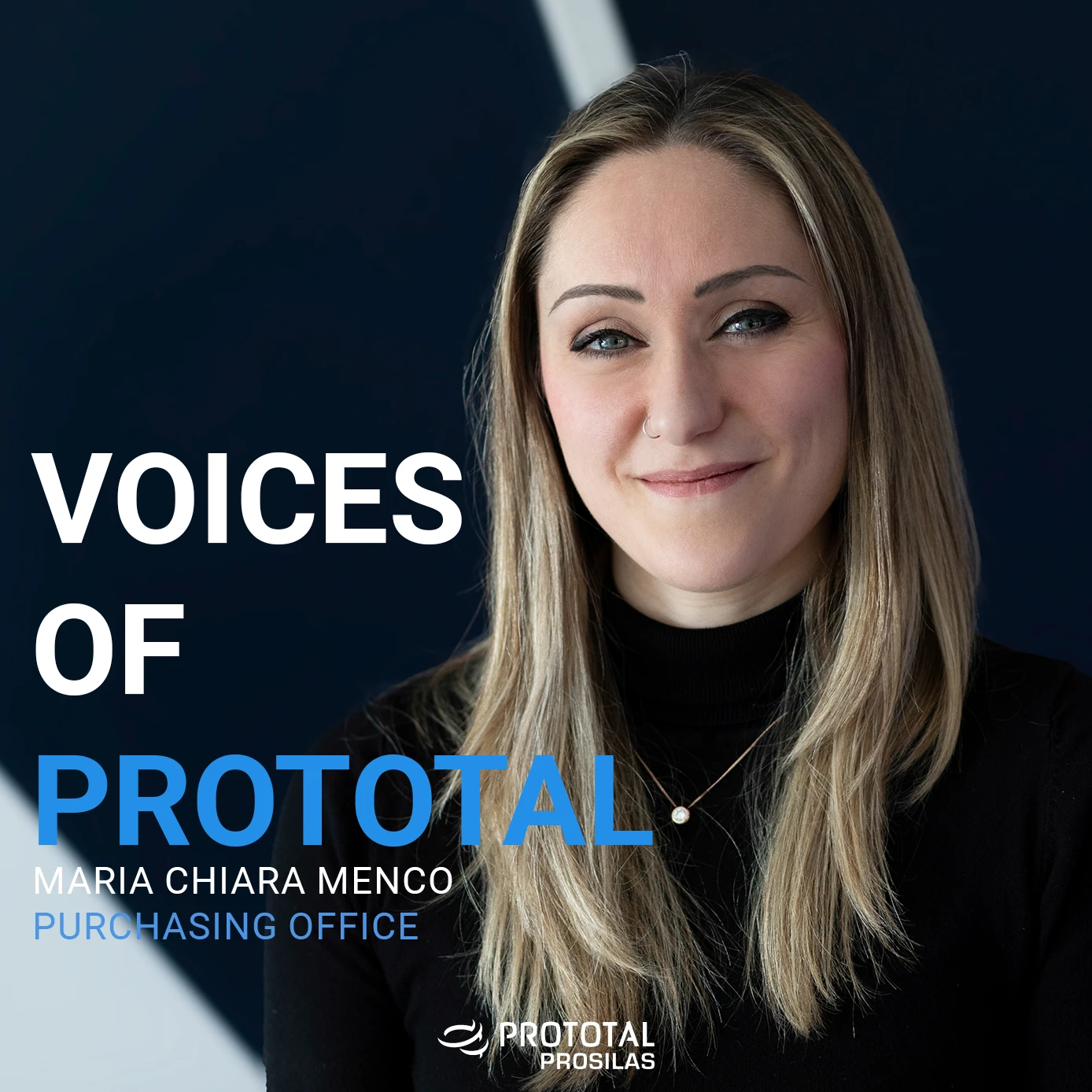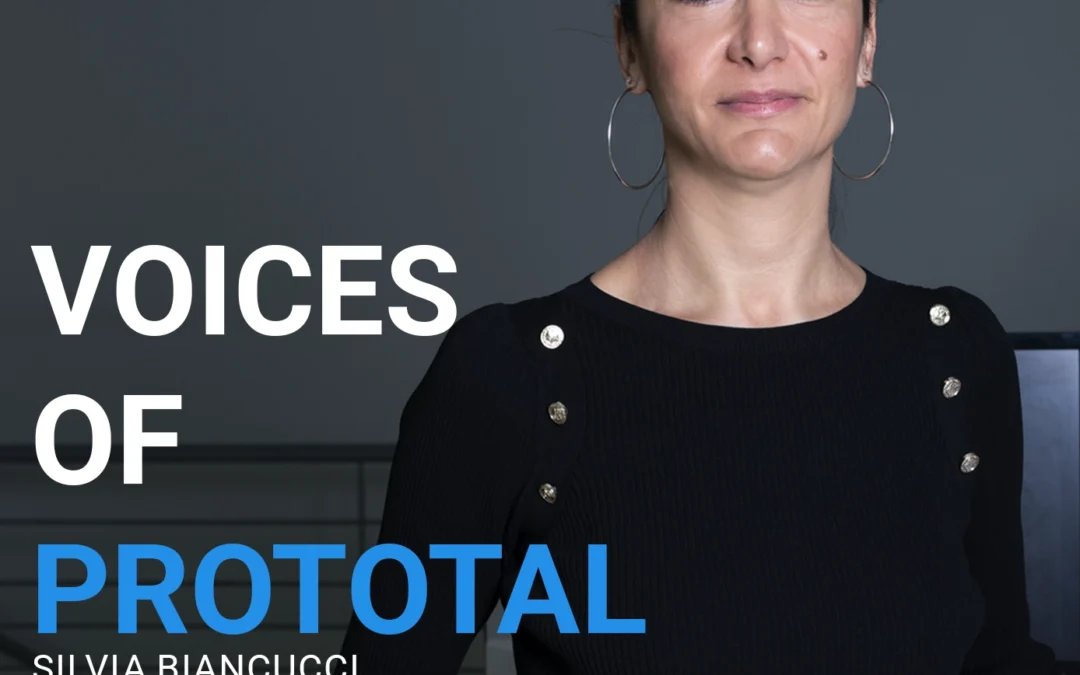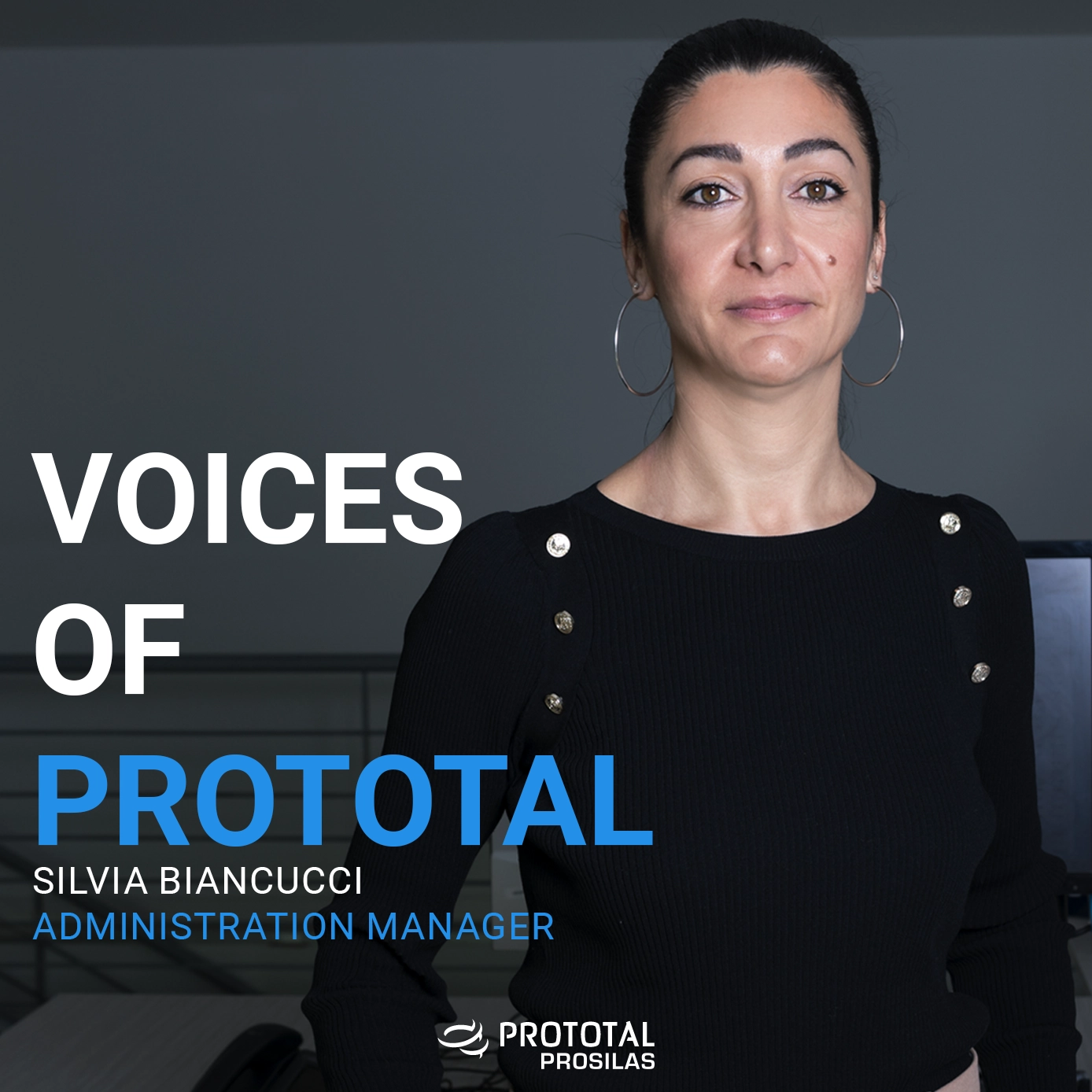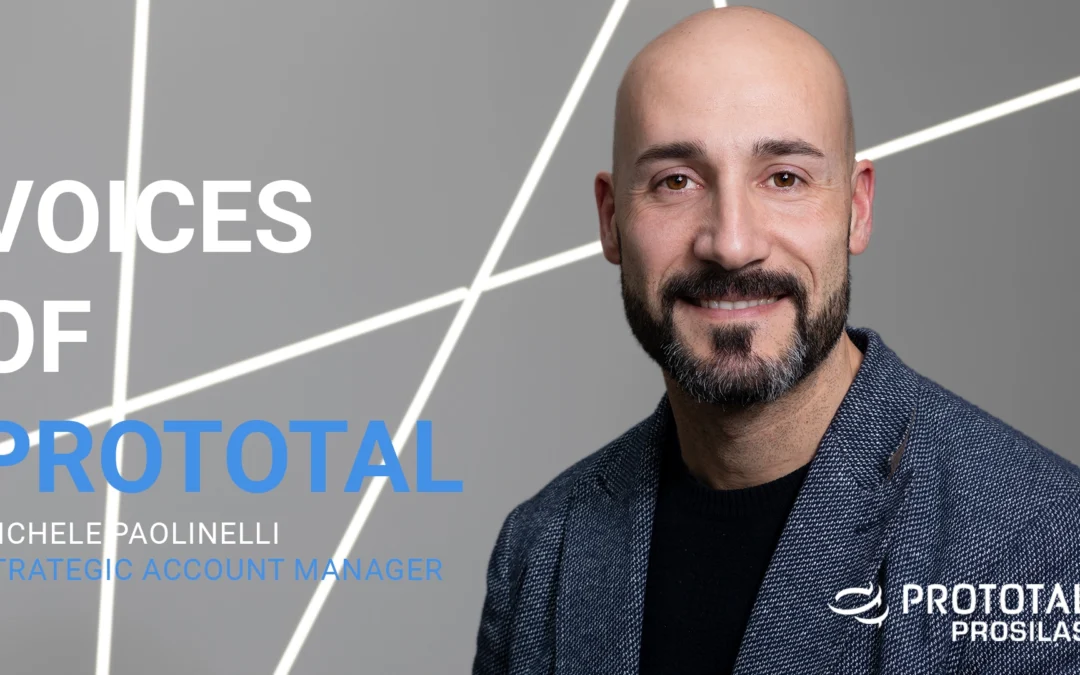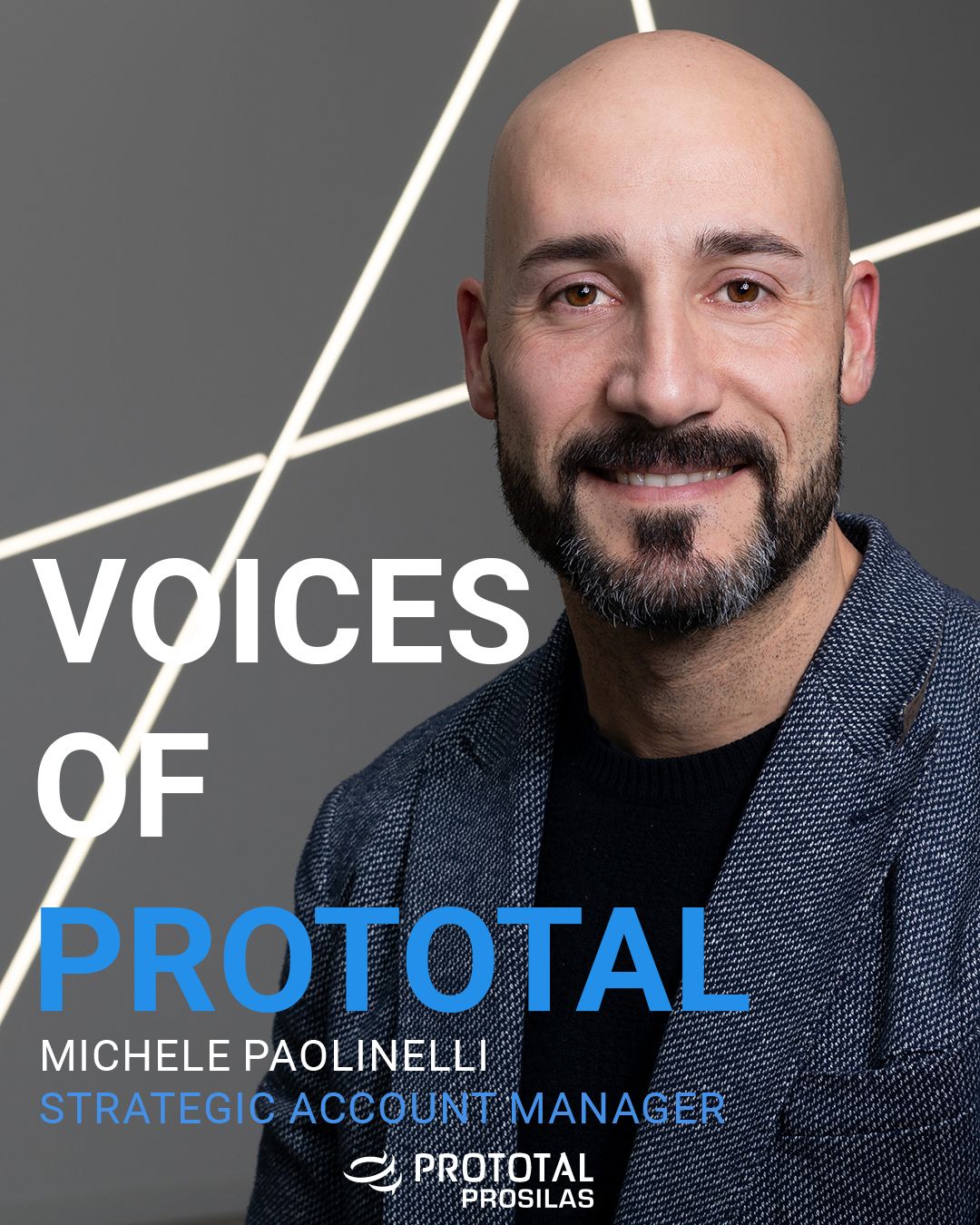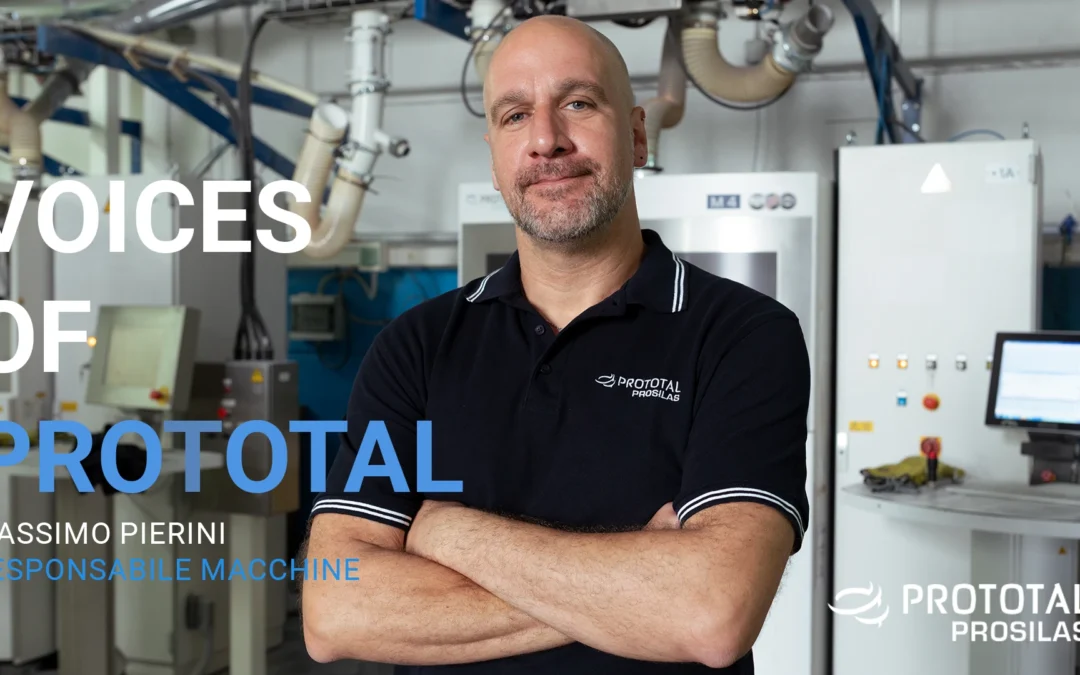
Voices of Prototal – Massimo Pierini
Massimo Pierini
Machine Operations Supervisor | Prototal Prosilas
Voices of Prototal is our space to share experiences, stories, and insights about the world of 3D printing and industrial manufacturing. Through direct testimonials from our colleagues, we aim to tell the story of the industry’s evolution and the value of our work.
“Volleyball taught me to make quick decisions, manage pressure, and work toward a common goal. Today, I bring all of that with me to Prototal, every day.”
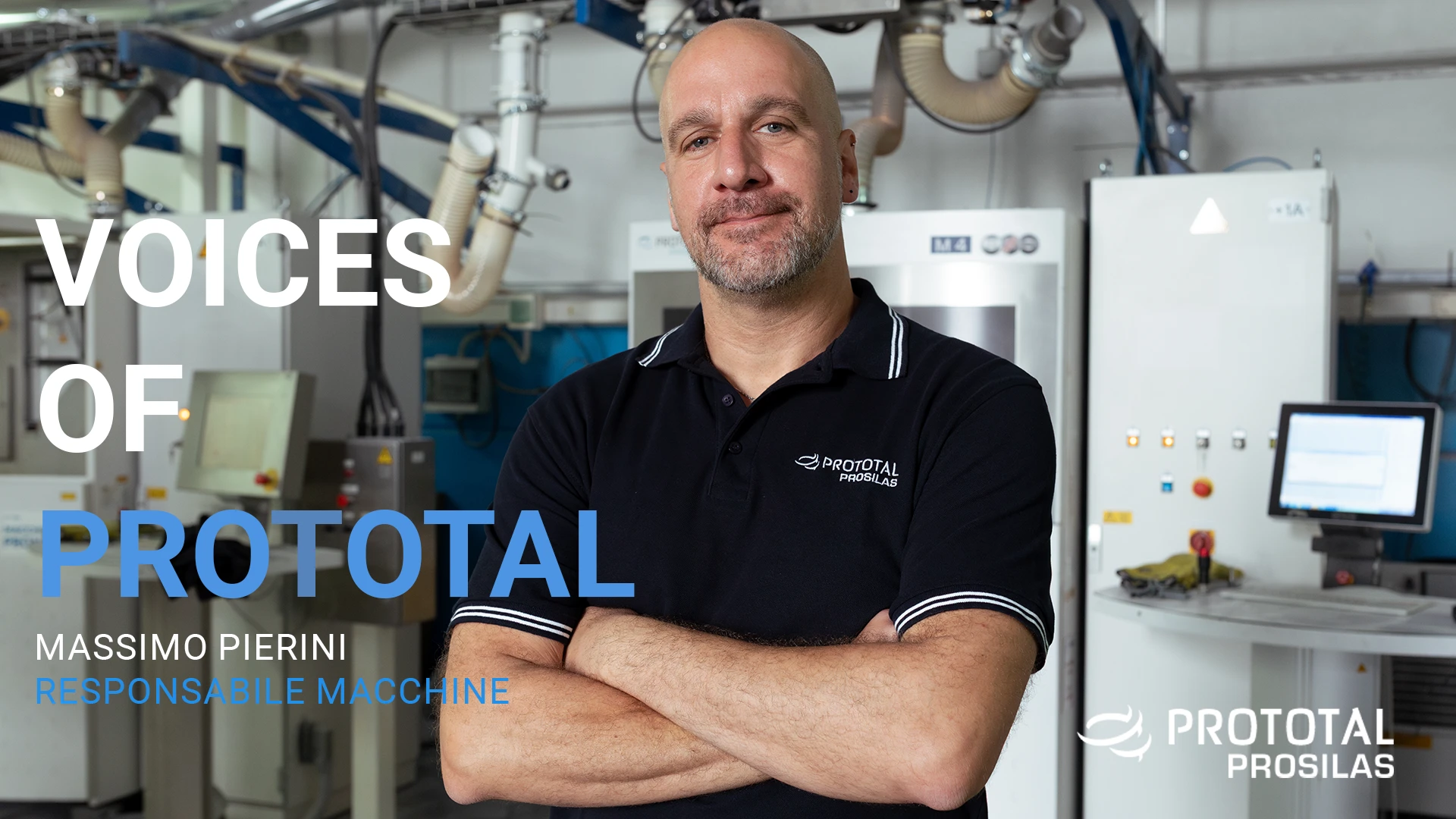
My name is Massimo Pierini, and my journey started early—at the age of ten—divided between two passions: sports and technical studies. After earning my diploma as an electronics technician, I worked in fields directly related to my education. At the same time, I pursued a professional volleyball career, playing in Italy’s Serie A2 league in cities like Lecce, Florence, Perugia, Mantua, and Cesena. After years full of travel, challenges, and growth, I returned home. That’s when my path with Prototal began.
Professional Background
Throughout my career, I worked for three companies in the electrical sector, then in a manufacturer of concrete floor panels, and later spent nine years at ATL GROUP Spa, a company producing sofas, where I was responsible for both electrical and mechanical maintenance of the facility.
I changed jobs several times—not for dissatisfaction, but to follow my volleyball commitments. This parallel career helped me develop fast decision-making, discipline, and teamwork—skills that now define my professional approach.
What Gives Me Energy Outside the Office?
Sports still play a big role in my life, now through beach volleyball, music, and dancing. These are activities that help me unwind, stay active, and meet new people.
My Work Philosophy
At Prototal, I’ve found a stimulating environment that constantly pushes me to learn more about new technologies and expand my technical knowledge. Every day is an opportunity to take on new responsibilities and grow in a dynamic, ever-evolving context.
How I Bring My Personality to Work
As a former volleyball playmaker, I learned how to read situations, adapt quickly, and build teamwork. I carry this mindset into my work: collaborate with others, stay positive, and move with purpose. Humor and mutual respect are essential to creating a productive and motivating atmosphere.
The Role of Ethics
At Prototal, I’ve come to appreciate the importance of shared responsibility. Working in a team that values ethics and integrity pushes me to give my best. Every task is a chance to make a difference while respecting both colleagues and goals.
What Makes Me Proud – and Challenges Me
The most rewarding part of my job? Delivering a finished product and knowing I played a role in its success.
The biggest challenge? When demands exceed production capacity. In those moments, teamwork becomes essential. We each push ourselves to the limit—within reason—because that’s how results are achieved.
Work Routines
I don’t have any specific rituals—just strong organization. My experience has taught me that planning and communication are the keys to productive days. And yes, a coffee break is always welcome, especially when it gives us time to sync with the team.
How I Recharge
Coming home at the end of the day always brings me a deep sense of peace and balance. That moment of transition helps me reset and refocus.
Looking Ahead
In sports, I’ve reached major milestones, and now I bring that same ambition into my professional life. I’m always aiming to grow, take on new responsibilities, and contribute more to Prototal’s success.
My Advice for Those Starting Out
Stay curious, open-minded, and eager to learn. Ask questions, learn from experienced colleagues, and never underestimate the value of soft skills like time management and communication. Most importantly, find balance between work and personal life—it’s the key to long-term energy and clarity.
📩 Want to know more? Discover our world on www.prosilas.com and follow Prototal Prosilas on LinkedIn to stay updated on the latest innovations!
Prototal Group is the largest provider of 3D printing, tooling, and injection molding services in Northern Europe. With a highly specialized team and advanced technologies, the group supports companies from various industries, including automotive and medical, offering rapid prototyping and serial production solutions. Prototal Prosilas is the Italian division of the group, with extensive experience in selective laser sintering (SLS) and advanced additive manufacturing technologies.
